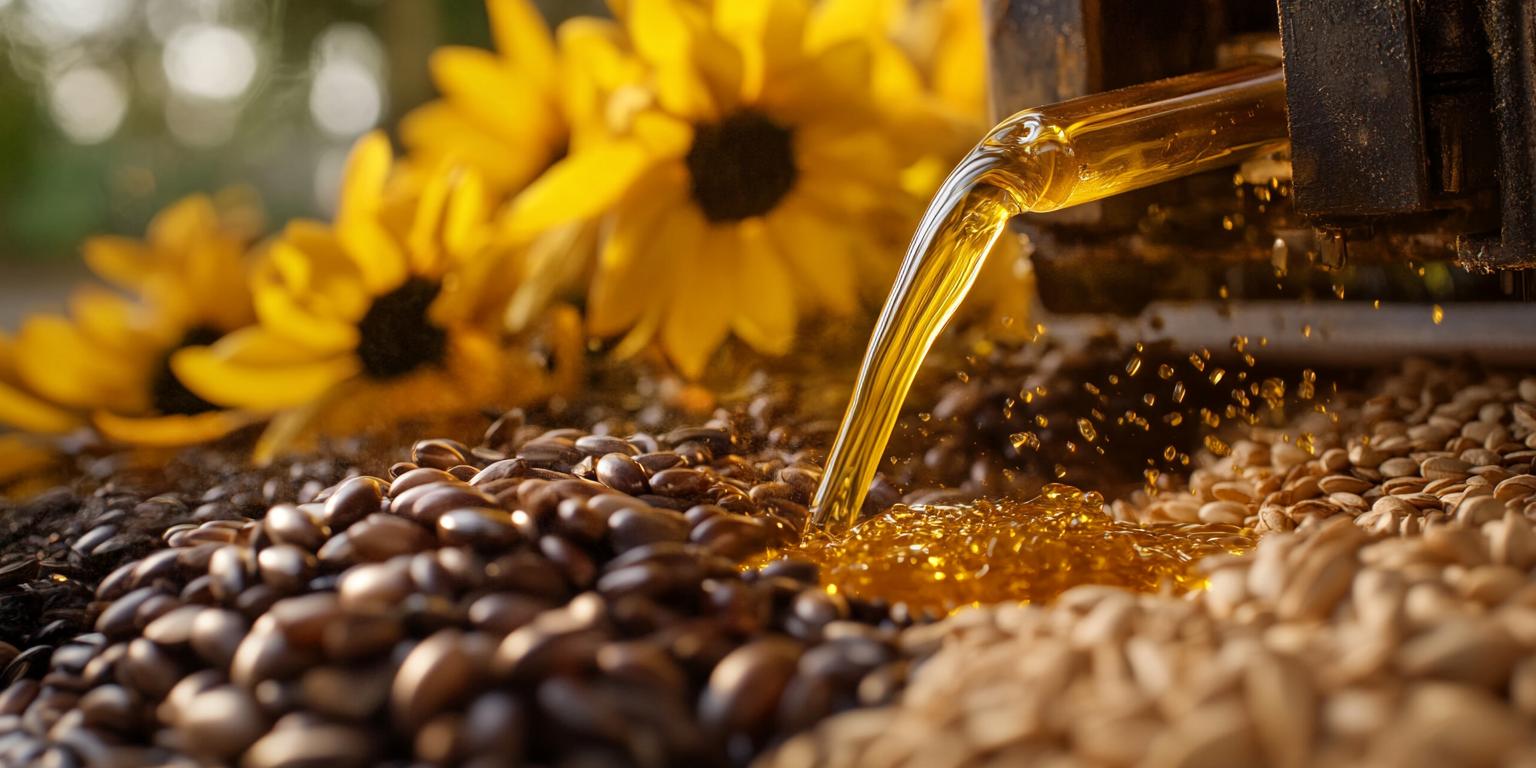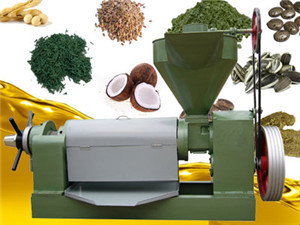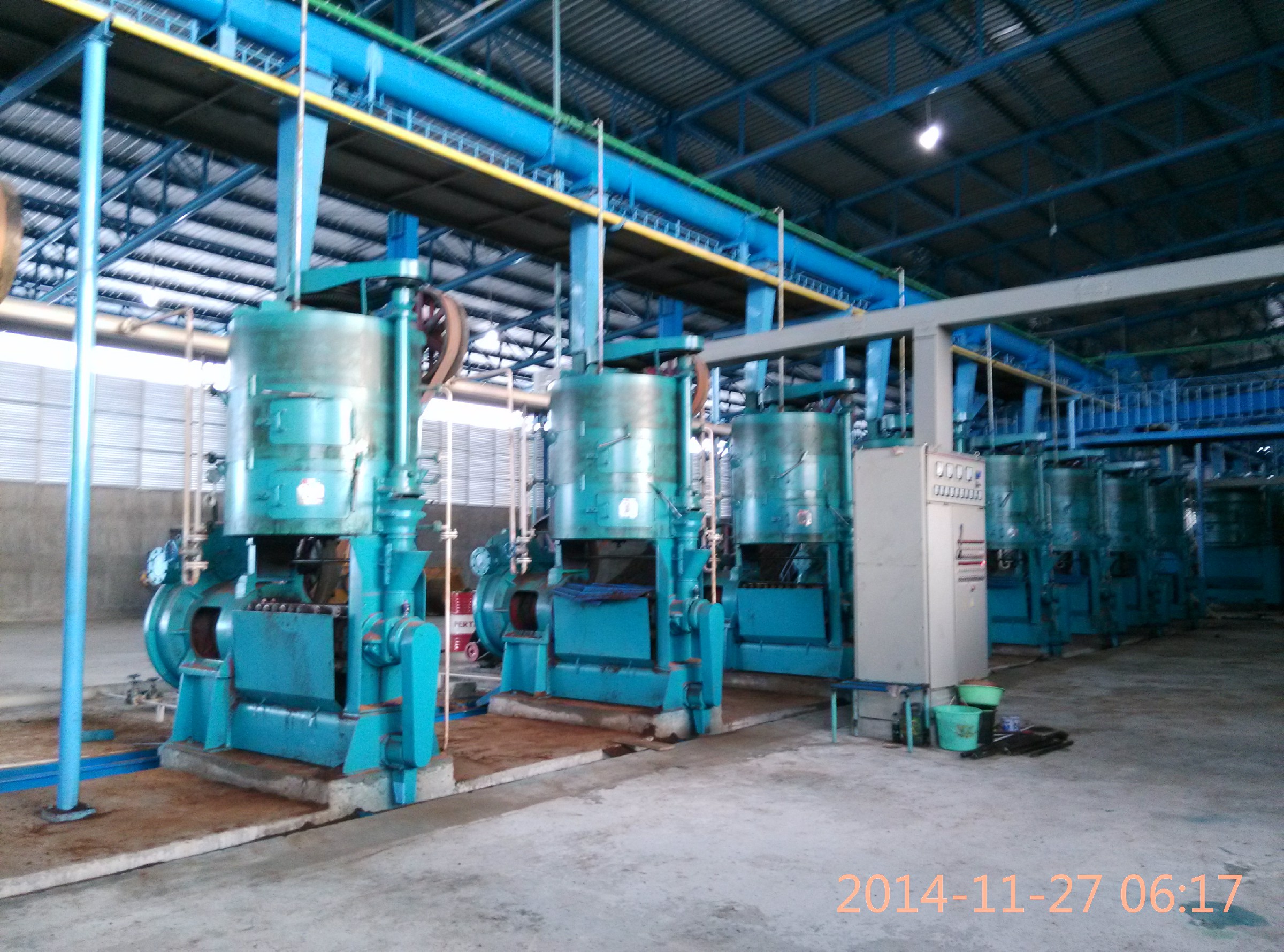
The coconut oil production line is a complex yet highly efficient system designed to extract high-quality oil from fresh or dried coconut meat. With the global demand for natural and sustainable oils on the rise, understanding the entire process—from raw material preparation to final product packaging—is essential for manufacturers aiming to improve efficiency, reduce waste, and meet international quality standards.

The production line typically includes several key stages: raw material handling, oil extraction, refining, and packaging. Each step is optimized to ensure maximum yield, minimal energy consumption, and consistent product quality. According to industry data, modern coconut oil processing systems can achieve an oil recovery rate of up to 75%, significantly higher than traditional methods.
Raw material preparation involves sorting, cleaning, and drying of coconuts. Advanced optical sorting machines are used to remove defective or unripe coconuts, ensuring only the highest quality kernels enter the production line. Drying is performed using controlled temperature systems that preserve the natural nutrients of the coconut while reducing moisture content to below 10% for optimal storage and processing.

Modern coconut oil production lines utilize cold pressing or solvent extraction methods, depending on the desired end product. Cold pressing retains more of the natural flavor and aroma, while solvent extraction increases yield. After extraction, the crude oil undergoes refining processes such as filtration, decolorization, and deodorization to remove impurities and stabilize the oil for long-term storage.
| Process Stage | Technology Used | Efficiency Rate |
|---|---|---|
| Oil Extraction | Cold Pressing / Solvent Extraction | 70-75% |
| Refining | Multi-stage Filtration & Deodorization | 98-99% |
Modern coconut oil production lines are designed with sustainability in mind. Many systems incorporate heat recovery units that reuse excess thermal energy, reducing overall energy consumption by up to 30%. Additionally, advanced waste management solutions convert by-products such as coconut husks and shells into biofuel or organic fertilizers, contributing to a circular economy model.

To maintain product consistency and safety, the production line is equipped with real-time monitoring systems that track temperature, pressure, and purity levels throughout the process. All equipment complies with international food safety standards, including ISO 22000 and HACCP, ensuring that the final product meets the requirements of global markets.
Several manufacturers have reported significant improvements in productivity and product quality after upgrading to modern coconut oil production systems. One leading exporter in Southeast Asia noted a 40% increase in output and a 25% reduction in energy costs within six months of implementation. Positive feedback from customers highlights the reliability, efficiency, and scalability of these systems.
Reliable technical support and comprehensive after-sales services are crucial for maintaining the performance of the production line. Leading suppliers offer on-site installation, staff training, and 24/7 customer service to ensure smooth operation and quick resolution of any issues. This level of support helps businesses minimize downtime and maximize return on investment.
Transform your coconut oil production with cutting-edge technology and proven expertise. Upgrade your factory today and build a green, efficient, and competitive coconut oil production system.
Get Your Free Consultation Now
